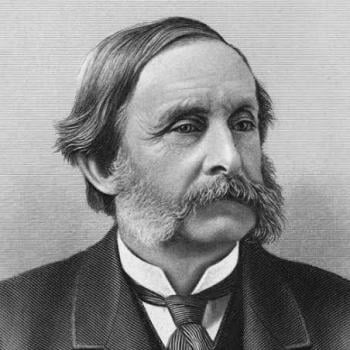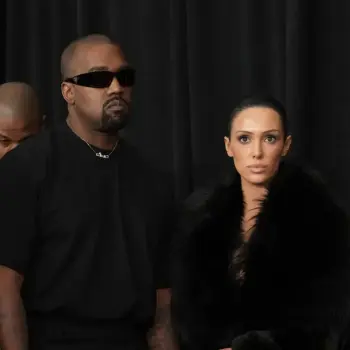In the previous two articles (Part 1 and Part 2), we have been discussing the topic of Free Will, but you often hear people claiming that there's no such thing as Free Will. They maintain that all is determined by genetics, conditioning, or chemicals in your brain.
However, imagine a professor who preaches this theory of human conditioning. For a full semester, he explains to an eager group of students yearning to shirk any sense of moral responsibility how man is simply the result of the sum total of his DNA and his experiences; how, although society must protect itself, an individual cannot be blamed for his actions or their consequences.
Now, suppose the professor comes home early one day and finds his wife in bed with his best friend.
Consider this professor's reaction.
Is it passive acceptance and tolerance, or does he react as most do—with shock, anger, and the desire to seek revenge?
According to the professor's own theory, both his wife and his friend were simply responding to stimuli.
If the professor were to truly believe that man has no control over his responses, he would never react to betrayal with hate.
A person only reacts in this manner when the one who hurt him acted with intent, by choice, or with negligence. Only when, in your opinion, a person should have or could have acted differently, are you upset with him. Disappointment and anger directed at another are clear and outright testimonies to one's conscious or subconscious acknowledgement that the other makes decisions.
To further this point, suppose this whole episode with the professor's wife never took place, and, in fact, the professor and his wife have a blissful, loving relationship. One day, this professor and his wife are enjoying a beautiful stroll on a crisp spring morning when a bird flying overhead suddenly has a heart attack and falls out of the sky straight onto the professor's wife, killing her on the spot.
Now, obviously, the professor is shocked, horrified, and in deep emotional pain, but is the professor mad at the bird?
No.
Why not?
Because the bird having a heart attack and landing on the professor's wife was totally beyond the bird's control. It was not the bird's choice.
So, we see that when a person is getting angry at another, it's a testimonial that he believes the other to have Free Will.
It comes out that everyone believes that there is an element of Free Will in the world; they testify to this belief by their responses, both in emotion and in action.
Free Will Versus Predetermination
In addition, there are those who question: If God is beyond limitation, and therefore knows everything, how can Judaism claim that we have Free Will? Or, in other words, how can we believe in Free Will if God knows what we're going to do?
One approach to this question is the following:
Imagine we have a book in front of us—The Book of Time. Each page in the book represents a moment in time, and this book includes all moments, from beginning to end.
Each of us, being within the bounds of time, is "inside" the book.
As each moment passes, we make a choice in the given scenario, which sets up the next scenario along with its set of options, and we make our choice, which sets up the next scenario along with its set of options, and so on.
Let's say I'm on 'page 2010' and I want to get to 'page 2020'. The way I'm going to get from 2010 to 2020 is as follows: As time passes and scenarios in my life arise, I am involved in making my choices from among the set of options that present themselves.
This is true for me (as well as any other member of humanity) because I exist within Time; I am within the Book.
But what about something that exists beyond the Book? What about something that exists beyond Time? What about God?
God, being outside the Book, is "seeing" these different moments in time—2010, 2020, and every other page in the Book—at once, similar to how you'd view the edge of all the book's pages were the book to be closed.
So, while we talk about God knowing what's "going to happen in the future," the truth is that it's only "future" and it's only "going to happen" for us. After all, we are the ones who are within the bounds of Time.
But, for God, who is beyond the Book of Time, there is no such thing as past, present, and future. For God, past, present, and future are all one.
It comes out that we can make real Free Will choices, and, yet, God knows what we are "going to do" because it's only "going to" for us, not for God.
Author's Note: Rabbi Eliyahu Yaakov is scheduled to be on a North American speaking tour February 5-23. For details go to http://www.lightuntoournation.com/lectures-and-events/ .
2/16/2012 5:00:00 AM





